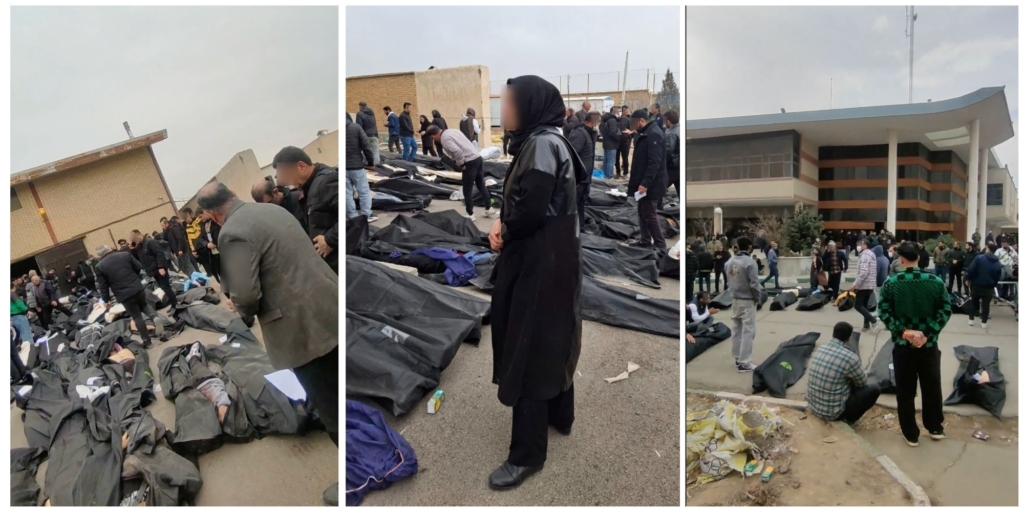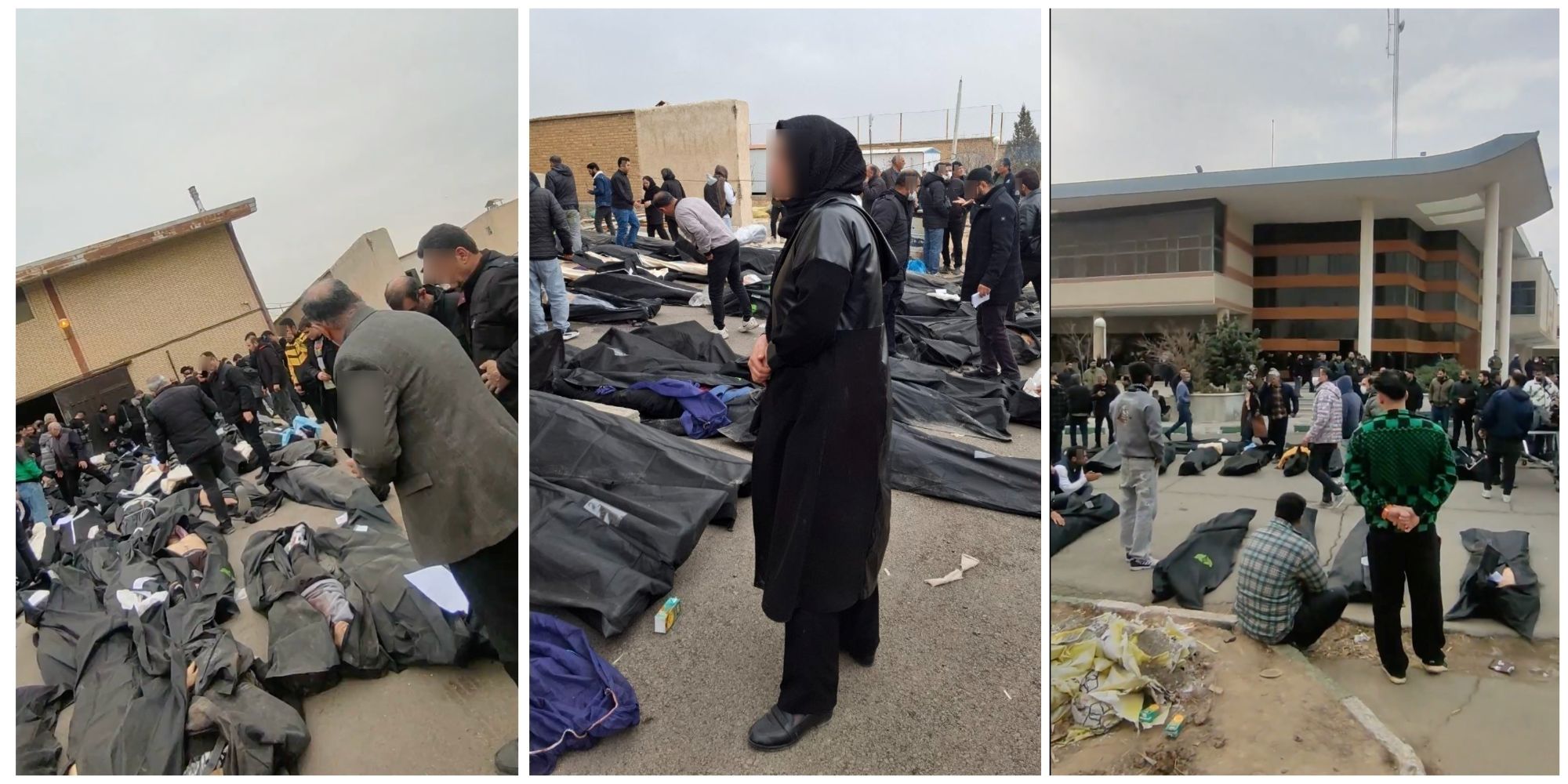By Serisha Iyar, Amnesty International Canada Youth Fellow
Over the past year AIC(ES) has taken steps to begin a full and proper implementation of our National Youth Strategy. Part of this includes changing our four-month youth internship into a two-year full-time fellowship position.
As the first ever Youth Fellow at Amnesty my role is dedicated to advancing the diverse perspectives, ideas and concerns of young people across the movement. I am eager and excited to advocate for radical change and ensure young people are at the centre of Amnesty’s work while approaching human rights through intersectional and decolonized lenses.
I graduated from McGill University in 2017 with a Bachelor of Arts in Political Science and minor in World Religions. In October 2019 I joined Amnesty in Ottawa after having spent time at three other non-profit organizations and bringing experience in government relations, public policy and lobbying.
As the Founder and Executive Director of Leading in Colour I regularly provide young racialized activists with the necessary tools to conduct their advocacy efficiently. This is a skill set I hope to bring to Amnesty’s continued lobbying efforts.
As the fellowship is developed I hope to create additional programming for young people to engage with at Amnesty.
If you are under the age of 25 and interested in learning more about the Youth Fellow position, the opportunities available, how to start or join an Amnesty group at your school or have any other related questions and comments please e-mail them to Serisha Iyar at siyar@amnesty.ca.
SHARE YOUR PERSPECTIVE
On January 21, 2017 women and allies around the world marched in protest of American President Donald Trump’s election. For some, the Women’s March represented an opportunity to demonstrate on a large-scale their rejection of the plethora of misogynistic comments and actions made my the 45th President of the United States. However, for others, particularly Black, Indigenous, trans, non-binary and women of colour, the Women’s March marked yet another instance of toxic white feminism that has continued in its annual occurance. The lack of intersectionality has rightfully created cause for concern, which in turn has made participating in the Women’s March a difficult choice for many marginalized groups. You can learn more about the Women’s March here >>>
Are you a young person (under 25 y/o) interested in sharing your perspective on whether or not to participate in the Women’s March? E-mail us your thoughts in a 500 word paragraph to siyar@amnesty.ca for a chance to have your voice featured on Amnesty’s blog.
Submission deadline is January 20, 2020.






















